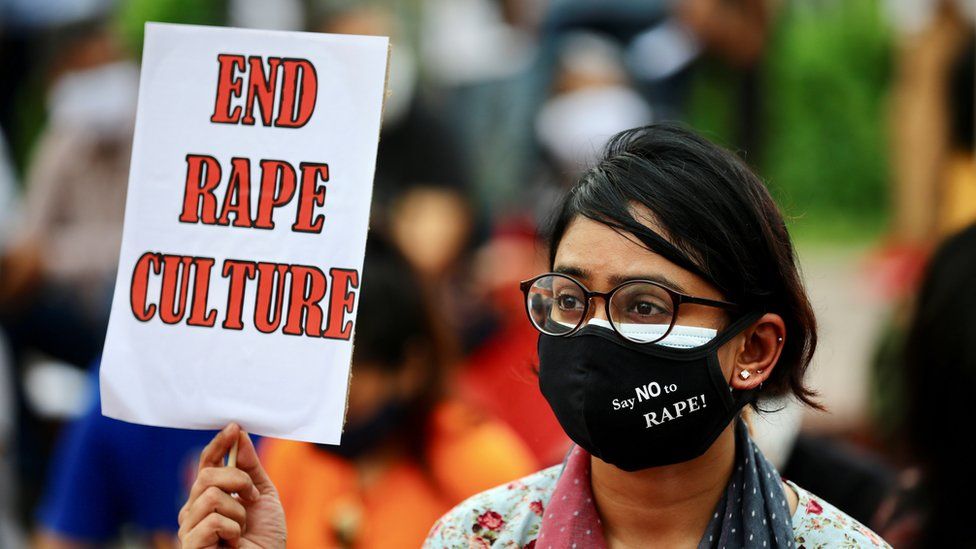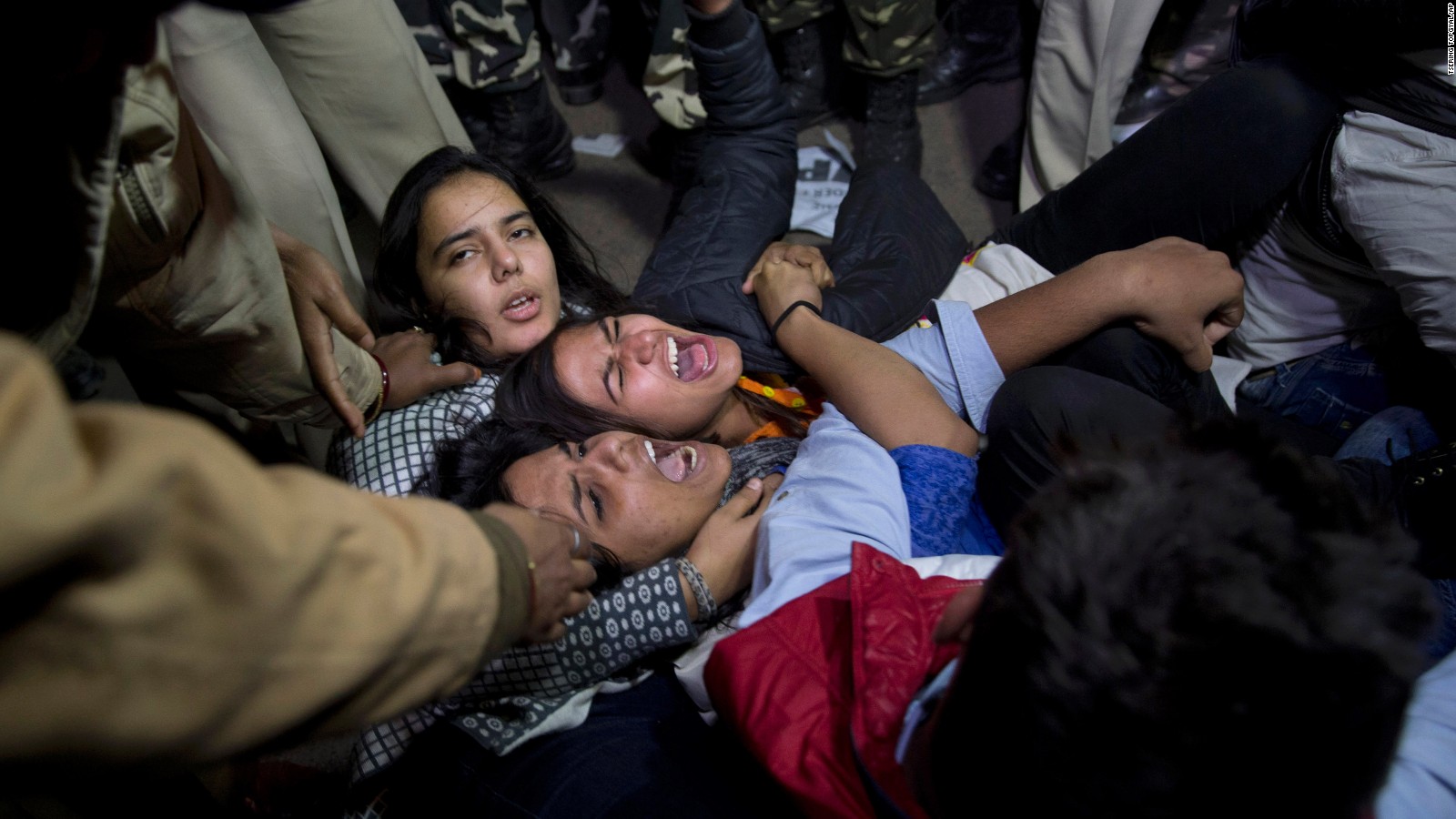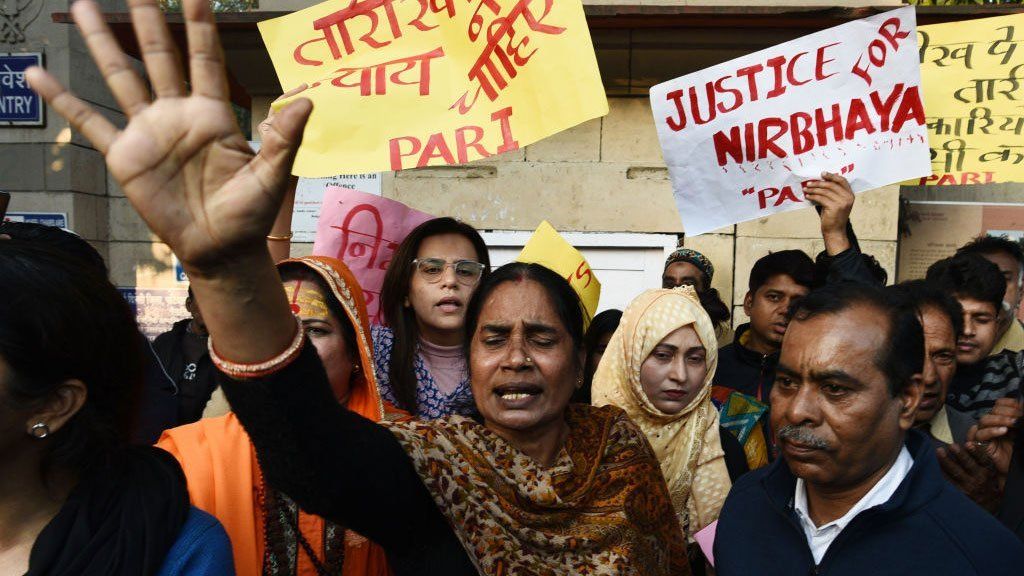Rape Scenes In Movies - Their Place In Storytelling
When we think about films, so many different kinds of stories come to mind, don't they? Some are light and fun, while others really dig into the tougher parts of life. Among these more challenging narratives, the portrayal of sexual violence on screen, often called "rape scenes in movies," stands out. These moments, whether shown directly or just hinted at, have been a part of cinematic storytelling for a very, very long time, and they often spark a lot of conversation and strong feelings among people who watch them. It's a topic that, you know, can be quite uncomfortable to talk about, but it's one that deserves our careful thought.
Actually, the reasons why a filmmaker might choose to put such a scene in a movie can be pretty varied. Sometimes, it's about showing the real, harsh experiences a person goes through, perhaps to help us understand their journey or to shine a light on a big societal problem. Other times, the way these "rape scenes in movies" are handled can feel quite jarring, almost like a shock tactic, and that can really make viewers feel uneasy. It's a fine line, to be honest, between telling a difficult story with care and just, like, showing something that feels unnecessary.
We're going to take a closer look at how these kinds of portrayals appear in films, what they might be trying to say, and how they can affect those of us watching. This conversation, you see, is about looking at the different ways "rape scenes in movies" have shaped stories and how we react to them. It’s also about recognizing that for some people, watching these moments can be deeply upsetting, and that’s a really valid feeling to have.
- Allison Janney Children
- Tiffany Chen Robert De Niro
- Will Smiths Health Update
- Emily Elizabeth
- Norman Crisologo Business
Table of Contents
- What Role Do Rape Scenes Play in Movies?
- How Do Viewers React to Rape Scenes in Movies?
- Are All Rape Scenes in Movies Created Equal?
- What is the Historical Presence of Rape Scenes in Movies?
What Role Do Rape Scenes Play in Movies?
When filmmakers decide to include moments of sexual violence, there's often a reason behind it, or at least there should be. Sometimes, these "rape scenes in movies" are meant to show the cruel reality of a situation, like when a young woman goes through a truly awful experience in a public place. The story might then follow the path of someone trying to bring those responsible to justice, including the people who stood by and encouraged the bad behavior. This kind of storytelling, you know, aims to put a spotlight on the wider consequences of such acts, going beyond just the immediate event.
Exploring the Intent Behind Rape Scenes in Movies
The choice to include "rape scenes in movies" can serve different storytelling aims. For instance, a film might use such a moment to establish a character's background, explaining why they are the way they are. Think about a person whose early life was marked by a deeply upsetting event, leading them down a difficult path, perhaps even into a life of hardship or crime. The film might show this past to make us understand the person's motivations or their struggle to cope. It’s almost like, the scene becomes a foundation for the entire story that unfolds, providing context for the character's actions and feelings. This approach, basically, tries to give depth to the characters and their circumstances.
Other times, these depictions are used to make a bigger point about society itself. They can act like a mirror, reflecting some of the darker parts of our world back at us. For example, a scene might be designed to show how widespread a problem is, or how certain attitudes can lead to terrible outcomes. It's a way of saying, "Hey, look at this, this happens." The intent here is often to provoke thought, to get people talking about issues that might otherwise be ignored or pushed aside. So, in some respects, these "rape scenes in movies" are meant to be a wake-up call, urging viewers to consider serious social matters.
How Do Rape Scenes in Movies Drive Narratives?
Many stories, particularly those with a focus on revenge or intense drama, use "rape scenes in movies" as a powerful starting point for the main character's journey. Imagine a story where someone's entire life is turned upside down by a terrible act. Their subsequent quest for justice or payback becomes the whole reason the story exists. A classic example might be a tale about a person who was wrongly put away, only to come back years later, seeking to settle scores for the harm done to their loved ones. This kind of plot, you know, leans heavily on the initial trauma to fuel the character's drive and the unfolding events.
These moments can also be used to show the sheer scale of violence or moral decay within a story's world. When a film presents a character who is not only subjected to a horrific act but then also forced into other terrible situations, it paints a very bleak picture. This can make the movie feel very, very intense, sometimes to the point where it borders on something quite disturbing to watch. The narrative, in these cases, is often saturated with hardship and difficult experiences, showing a world where bad things happen constantly. The "rape scenes in movies" here serve to establish the harshness of the story's setting and the depths of despair faced by its characters, pretty much.
How Do Viewers React to Rape Scenes in Movies?
It's no secret that seeing "rape scenes in movies" can be incredibly tough for people. For some, these moments can cause a strong physical reaction, making them feel unwell or deeply upset. This isn't just about disliking what's on screen; it's a real, visceral response to something so distressing. Because of this, many people actively look for ways to avoid films that feature such content. They might seek out lists or discussions that tell them which movies to steer clear of, simply because they know their own limits and what they can handle emotionally. It's a very personal thing, honestly, how each person deals with these kinds of portrayals.
- Joy Behar Daughter Age
- Mckinzie Roth
- George Straits Wifes Health
- Trey Gowdy Nose What Happened
- Tiffany Chen Robert De Niro

Bangladesh to introduce death penalty for rape - BBC News

New India law will try teens as adults for rape, murder - CNN

Nirbhaya 10 years on: The lives the Delhi gang rape changed - BBC News